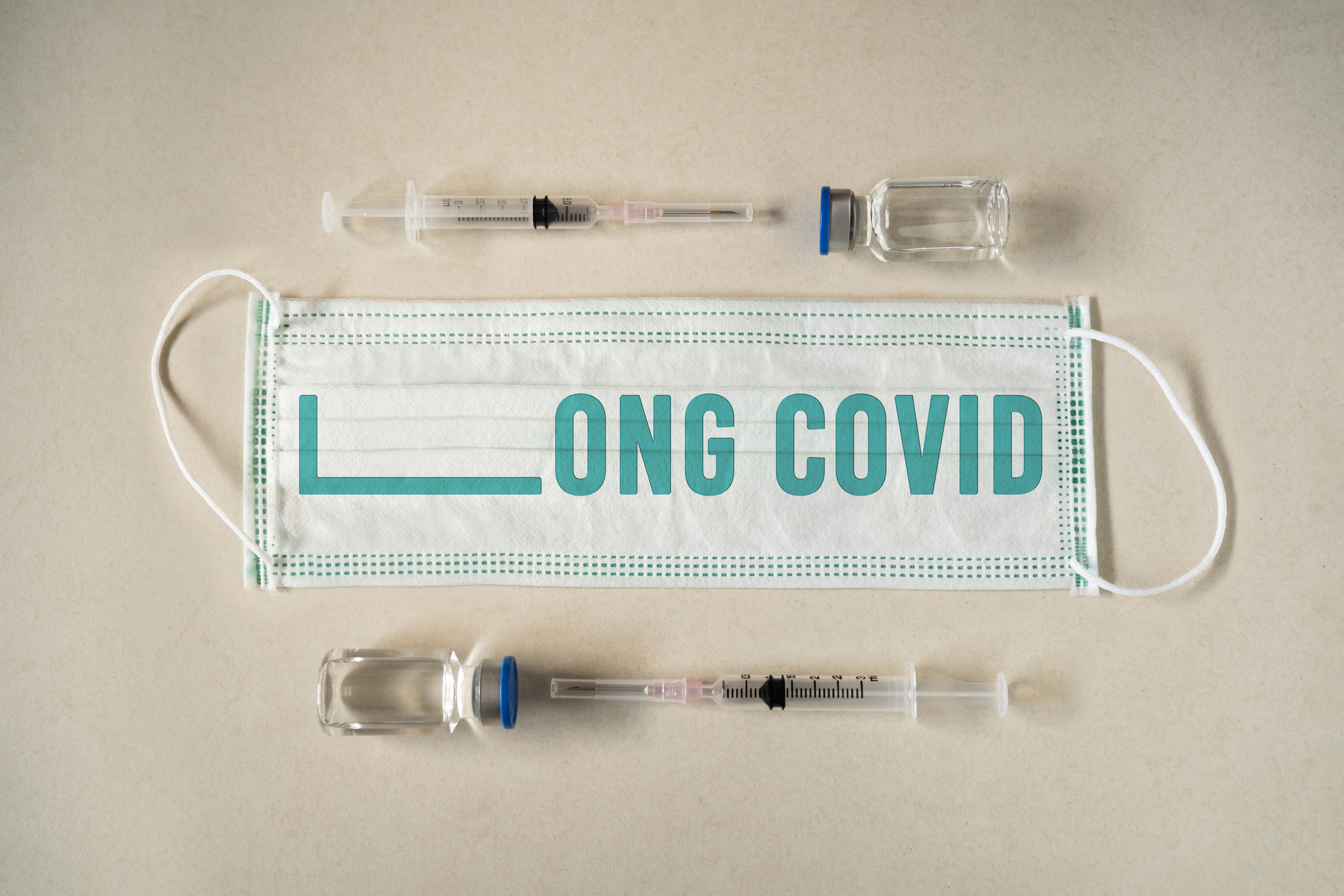More than two years after the onset of the novel coronavirus pandemic, millions of older adults who contracted the virus are still struggling with symptoms of long COVID that are often mistaken for health concerns associated with aging. Because the condition is not well understood, and there is no medical test to confirm long COVID, many seniors are frustrated and disheartened with their sudden health changes and loss of function.
According to a recent Kaiser Health News report, long COVID occurs when ongoing or new health problems occur at least four weeks following a COVID infection. Common symptoms include fatigue, shortness of breath, an elevated heart rate, muscle and joint pain, sleep problems, and brain fog. Health experts suggest that chronic inflammation or an impaired immune system may contribute to these ongoing symptoms, along with the possibility of small blood clots in the body, and lingering damage to the heart, lungs, vascular system, brain, kidneys, and other organs.
A new study of long COVID among older adults, recently published in the British Medical Journal, found that 32 percent of American seniors who survived COVID infections had symptoms of long COVID up to four months after infection, more than double the rate of adults younger than 65. Older adults are more vulnerable to long COVID due to a greater risk of underlying chronic illness and less physical resilience.
Data from the Centers for Disease Control and Prevention shows that up to 2.5 million older adults may have been affected by long COVID, leaving many seniors with new disabilities, an inability to work, difficulty with tasks of daily living, and a poorer quality of life. Cognitive impairment following COVID infection is also more common among older adults – the aging brain doesn’t bounce back as quickly and younger patients tend to recover cognitive function faster. In extreme cases, COVID infection can speed the development of dementia among older adults who became seriously ill with COVID.
Research conducted by geriatrician Dr. Liron Sinvani and his colleagues at Northwell Health’s Feinstein Institutes for Medical Research in Manhasset, New York found that 13 percent of COVID patients over the age of 65 who were hospitalized at Northwell in March or April 2020 showed evidence of dementia one year later. It can be difficult for doctors to determine if symptoms in older adults are a direct result of COVID or can be attributed to the hastened progression of preexisting chronic health conditions.
As the medical community learns about long COVID, especially among older adults, more help will be available for patients navigating the many symptoms of the condition. Post COVID-19 clinics have been opened in many centers to help provide ongoing care to adult patients experiencing prolonged post-COVID symptoms.






Add Your Voice
0 Comments
Join the Discussion